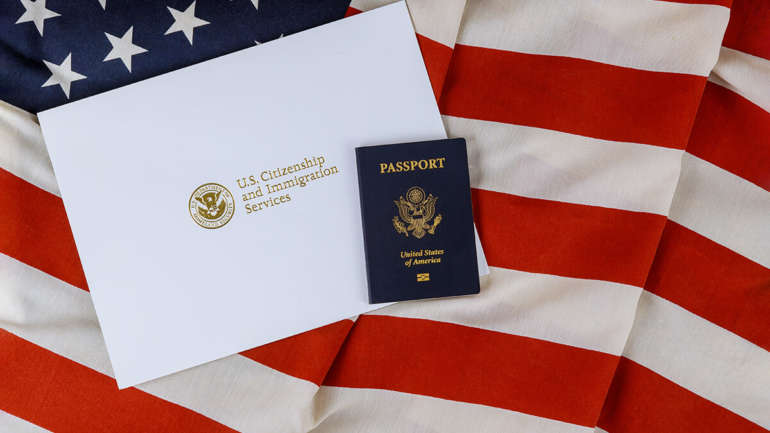Per the United States federal government, Medicaid is defined as a public insurance program that provides health coverage to low-income families and individuals, including children, parents, pregnant women, seniors, and people with disabilities. With the Affordable Care Act (ACA) being enacted in 2010, Medicaid was expanded to cover more people; however, enrollment in this expansion is optional and, as of…





